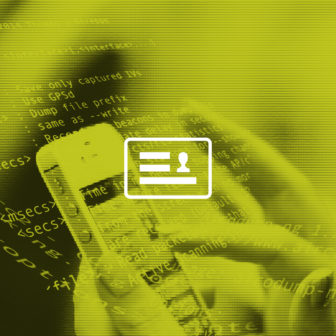Tag: Cybercrime

WhatsApp is back, but the fight to #KeepItOn in Brazil continues
WhatsApp is back in Brazil. But the battle continues to stop cybercrime bills that threaten to make internet shutdowns commonplace.

Cybercrime proposals would gut digital rights in Brazil. Join us to stop them.
Cybercrime proposals are threatening privacy and free expression in Brazil, but civil society is fighting back.

New cybersecurity legislation introduced in U.S., but still doesn’t protect users
Today, U.S. Senator Tom Carper introduced the Cyber Threat Sharing Act of 2015, a new bill to authorize the public/private dissemination of cybersecurity-related information. The legislation’s limitations on the type of information that can be shared are not enough to protect user privacy. Access is calling on the U.S. Congress not to consider information-sharing legislation–which could ostensibly create new surveillance authorities under the guise of cybersecurity–until existing surveillance authorities are adequately reformed.

Proposed change to U.S. federal criminal procedure Rule 41 would harm user privacy
Access and EFF urge the Advisory Committee on Criminal Rules to reject a rules change that would give law enforcement more tools to violate computer users’ privacy